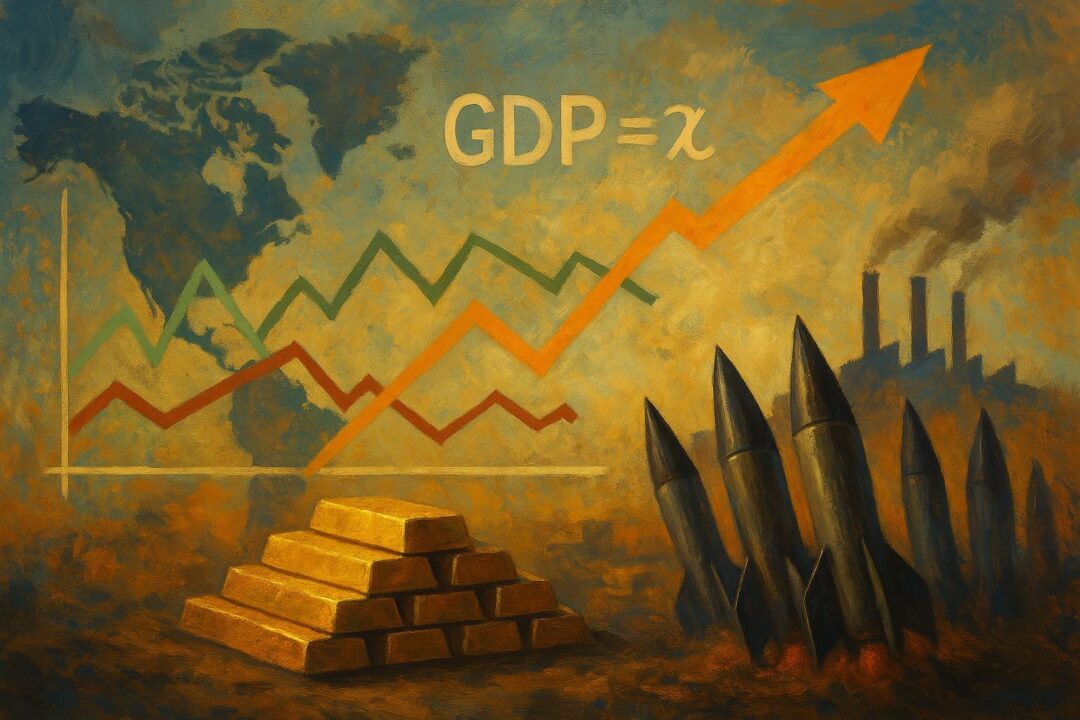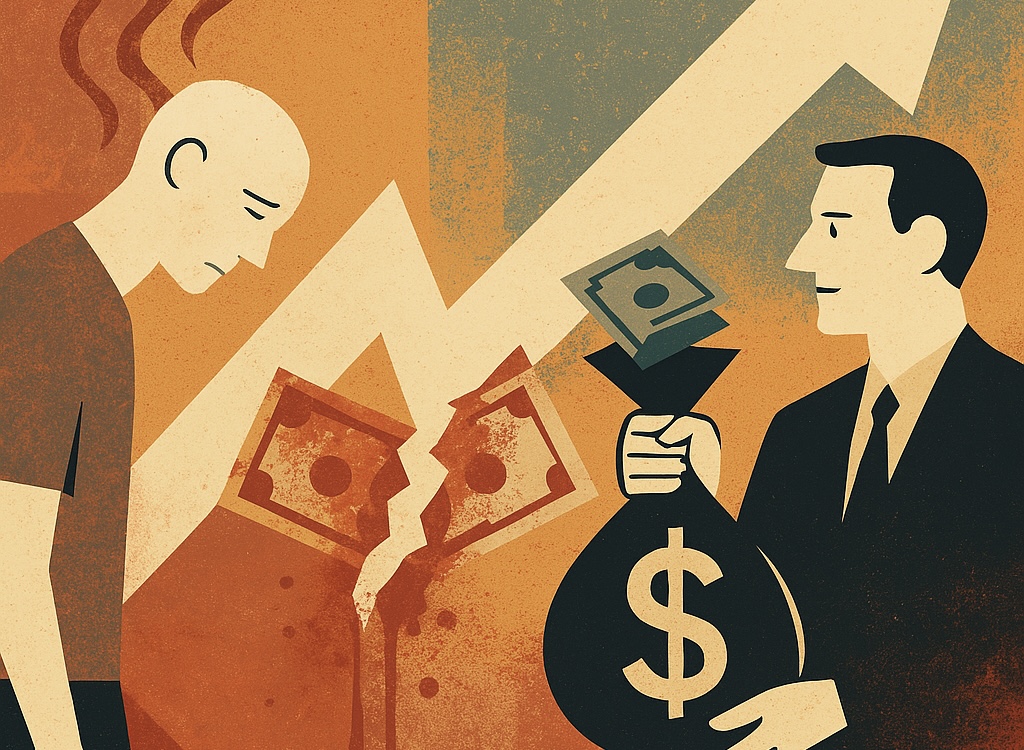Tokenized Treasuries, ETFs, and Stablecoins Could Liberate the World—Unless KYC Kills the Dream
What if the next global reserve currency isn’t a currency at all?
What if it’s a BlackRock ETF, a tokenized U.S. Treasury bond, or a stablecoin backed by real-world assets—and it lives not in a vault in New York or a spreadsheet in Washington, but in the hands of billions of people on mobile phones?
This is not a prediction. It’s a plan already in motion.
BlackRock is building tokenized investment products. Governments are exploring blockchain-based debt instruments. Stablecoins are already digital dollars for much of the world. The infrastructure is coming together fast. And for the first time in history, anyone—regardless of where they live or what passport they hold—could soon have access to the safest financial assets in the world.
But there’s a catch. A silent force that could kill the dream before it even begins:
KYC.
Know Your Customer.
Three words that stand between the old financial world and the new one. Three words that determine who gets access—and who doesn’t.
Because if we try to globalize tokenized assets using today’s identity systems and compliance frameworks, we won’t democratize finance. We’ll rebuild the walls using new technology—and leave most of the world outside.
What follows is a deep look at the battle brewing beneath the surface:
Freedom vs. Control. Access vs. Gatekeeping. Innovation vs. Regulation.
And why the outcome of this conflict will shape not just money—but human liberty itself.
The Incentive: Tokenized Assets as Global Money
Imagine a small business owner in Nigeria holding tokenized BlackRock ETFs in their phone.
A teacher in Argentina protecting savings in tokenized U.S. Treasuries.
A developer in Indonesia sending stablecoin payments to family abroad in seconds.
This is the world tokenization promises. Global, permissionless, mobile-first access to the world’s best financial assets.
Tokenized ETFs, stocks, treasuries, and stablecoins could become the new building blocks of everyday money—yielding assets used like cash.
But that only works if everyone can access them.
The Roadblock: KYC as Global Gatekeeper
KYC (Know Your Customer) is a legal requirement designed for anti-money laundering, terrorist financing prevention, and sanctions compliance.
But it’s not built for a borderless world.
Every time tokenized assets require traditional KYC, most of the planet is shut out:
- No ID, no access.
- No address, no account.
- No Western compliance system, no participation.
Even when KYC is possible, it’s painful: duplicated, fragmented, invasive. A world where users must verify themselves 100 different ways to access the same digital dollars or digital bonds is a world that fails to scale.
If tokenized money requires third-party KYC for every user and wallet, it will never be universal.
Who Gains, Who Loses
Winners If Access Is Open:
- Billions of global users: especially the unbanked, underbanked, and inflation-oppressed.
- Asset managers like BlackRock: trillions in potential demand from new markets.
- Mobile-first fintech platforms: access to users who need finance without borders.
- Tech-forward governments: like Singapore, UAE, Nigeria, and El Salvador, eager to leapfrog legacy banking.
Losers or Opponents:
- Authoritarian regimes: open financial rails threaten capital controls and surveillance.
- Legacy banks: lose control of distribution and gatekeeping functions.
- Tax and compliance authorities in restrictive jurisdictions: fear capital flight and loss of enforcement power.
- G7 regulators: want tokenization to exist—but only under strict controls that replicate legacy systems.
The Deeper Fight: Democracy, Liberty, and Financial Sovereignty
This isn’t just about efficiency or innovation. It’s about freedom.
Should access to financial assets be a privilege based on geography and documentation?
Or a human right based on simple inclusion and access to tools?
Today, finance is controlled. It is permissioned. It is surveilled.
Tokenization is our chance to change that.
To give people ownership of their savings, control over their assets, and participation in global markets—on their own terms, from their own devices.
But only if we rethink identity and compliance to protect people, not restrict them.
Two Futures
World 1: Tokenized Finance, Controlled
- KYC walls and permissioned wallets.
- Governments and banks remain central gatekeepers.
- Most of the world excluded by design or bureaucracy.
World 2: Tokenized Finance, Free (and Safe)
- Compliance embedded in smart contracts, not intermediaries.
- Portable, self-sovereign identity with privacy protections.
- Open access to assets like ETFs, Treasuries, and stablecoins—for anyone with a phone and an internet connection.
The tech already exists: zero-knowledge proofs, decentralized IDs, wallet-based attestations. What’s missing is the global political will to adopt them.
Conclusion: The Financial Civil Rights Battle of Our Time
This is not just a product design challenge. It’s a values challenge.
We’re not deciding how finance works—we’re deciding who it works for.
We can either replicate the borders and biases of the old world in the new system… Or we can build something better—freer, fairer, more inclusive.
KYC isn’t evil—but in its current form, it’s incompatible with global, open tokenized money.
It’s time to fight for a future where access is not based on who you are, but whether you’re connected.
Because what’s being built isn’t just finance. It’s freedom infrastructure.
Discover more from Brin Wilson...
Subscribe to get the latest posts sent to your email.



